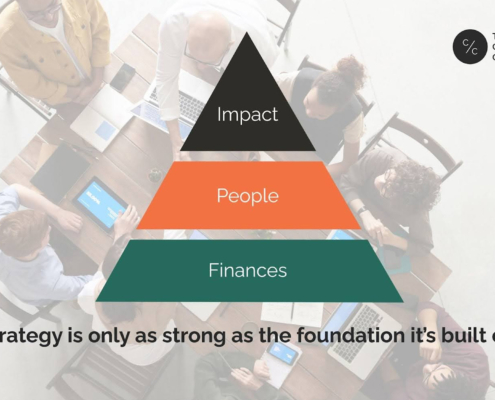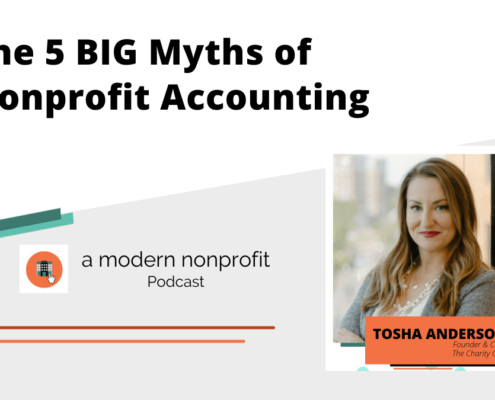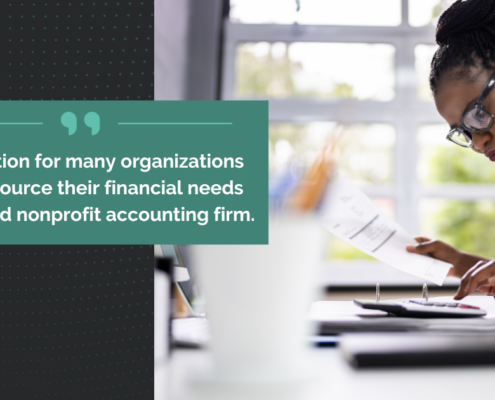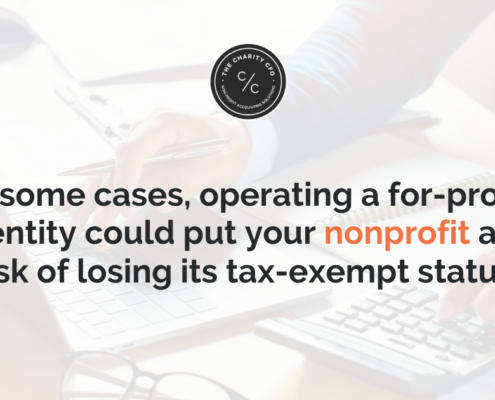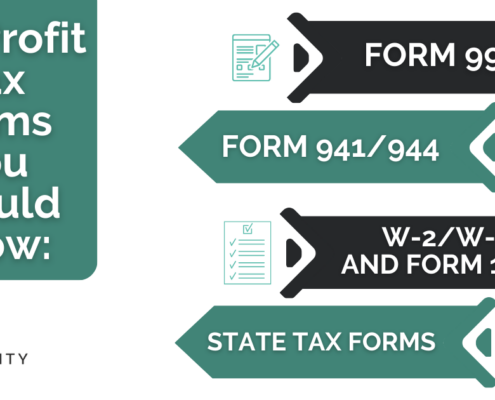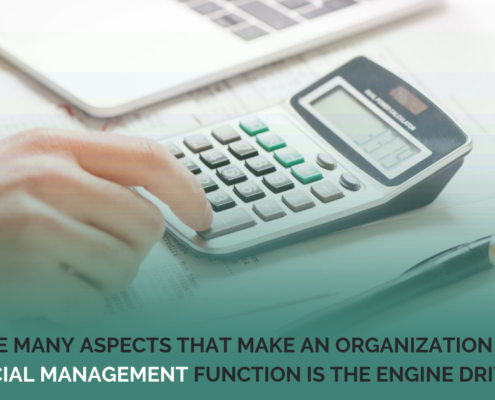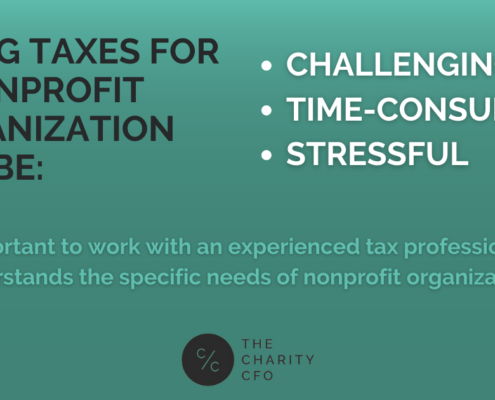A nonprofit audit is an independent examination of your organization’s financial statements and internal controls. Conducted by a qualified CPA, it verifies that your financial reporting accurately reflects your organization’s activities and follows generally accepted accounting principles (GAAP).
It’s important to distinguish this process from an IRS investigation or compliance review. An audit isn’t punitive, it’s an external assurance to your board, funders, and community that your financial statements are complete, transparent, and reliable.
Even for nonprofits not required by law to undergo audits, preparing as though one might happen is beneficial. Audit readiness signals strong governance and financial discipline, helping nonprofits attract more funding and manage growth responsibly.


